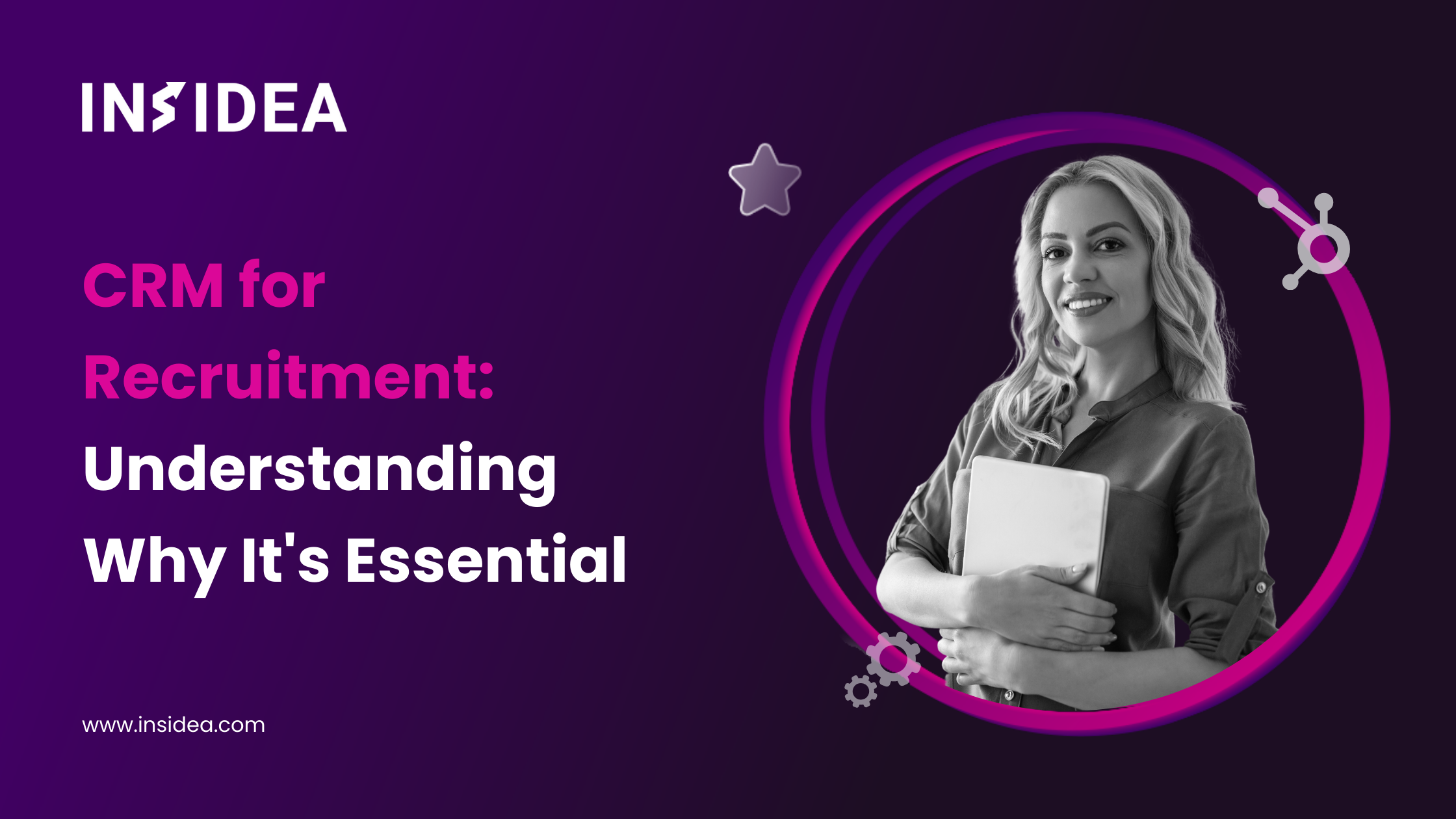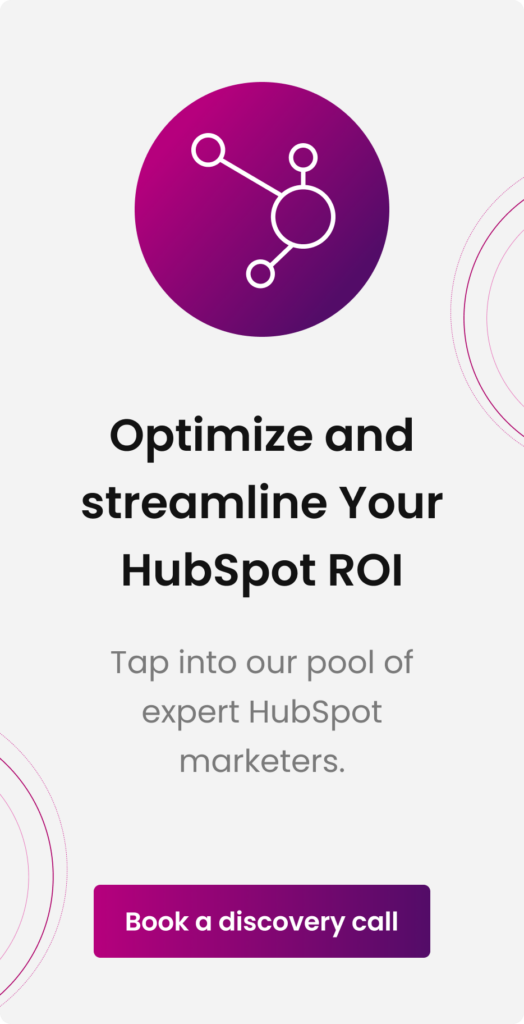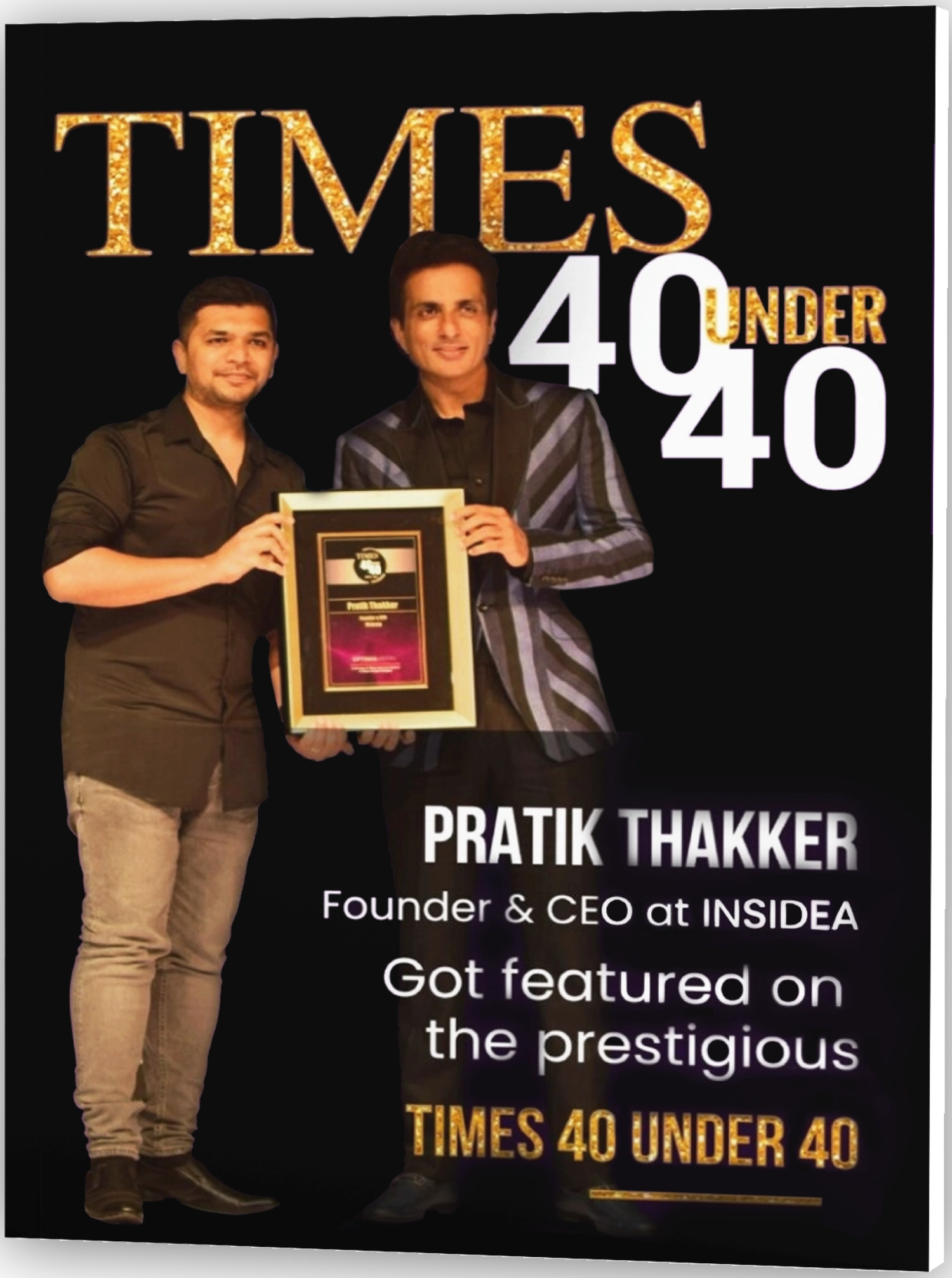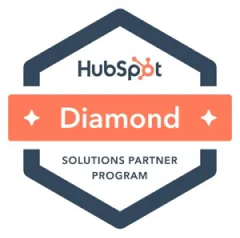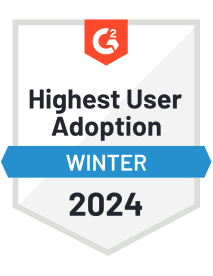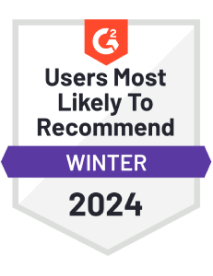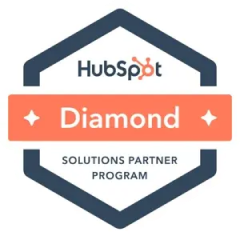These days, CRM systems don’t just stick to sales and marketing – they also work around the recruitment industry.
Think about every step when dealing with job applicants – finding them, evaluating, interviewing, and choosing. Recruiters have to do all these stages for each candidate. But this work can be done automatically using a CRM for the recruitment system.
A CRM for recruitment helps automate recruiting jobs, build connections, enhance applicants’ feelings, and get new business more quickly.
This blog will discuss how CRM functions smoothly fit into the hiring world.
But first, let’s get our basics covered.
What Should a CRM for Recruitment Include?
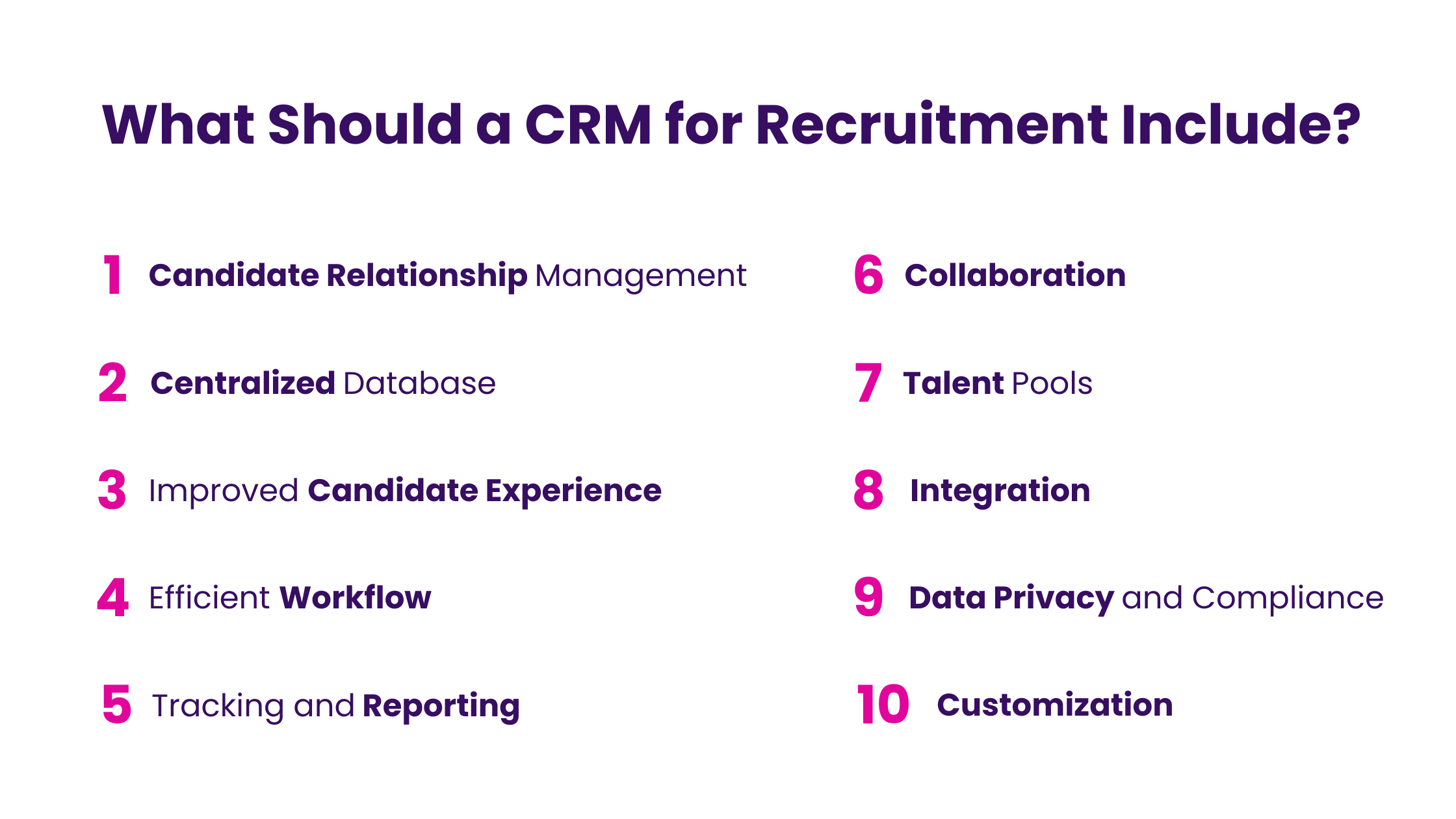
CRM (Customer Relationship Management) systems are for more than just sales and marketing. They’re also a big help in recruitment, known as a CRM for recruitment.
Let’s have a look ar what a CRM for recruitment should include:
- Candidate Relationship Management: Just as a CRM helps manage customer relationships, a CRM for recruitment helps manage relationships with job candidates. It stores and organizes candidate data, allowing recruiters to maintain a database of potential hires and engage with them effectively over time.
- Centralized Database: A CRM for recruitment gathers all candidate information in one place, making it easy for recruiters to search, sort, and filter candidates based on various criteria. This improves efficiency and saves time during the hiring process.
- Improved Candidate Experience: A CRM for recruitment enables personalized communication with candidates. Recruiters can send targeted emails, updates, and notifications, creating a positive candidate experience even for those who may not be selected for a particular role.
- Efficient Workflow: CRM for recruitment often comes with workflow automation features. Recruiters can set up automated responses, schedule follow-up emails, and streamline communication, enhancing the efficiency of the hiring process.
- Tracking and Reporting: These systems provide insights into the recruitment process. Recruiters can track the source of candidates, monitor the progress of different hiring stages, and generate reports to analyze the effectiveness of their strategies.
- Collaboration: Many CRMs for recruitment offer features that allow multiple team members to access and update candidate information. This fosters better communication and coordination among recruiters.
- Talent Pools: Recruiters can build talent pools of candidates who might be a good fit for future roles. This proactive approach saves time when new positions open up.
- Integration: Some CRM for recruitment integrate with job boards, social media platforms, and career websites, allowing recruiters to post job openings and gather applications from various sources quickly.
- Data Privacy and Compliance: As in sales and marketing CRMs, data security and compliance are crucial in recruitment. A good CRM ensures that candidate data is stored securely and helps recruiters adhere to data protection regulations.
- Customization: Different recruitment teams have varying needs. Many CRMs allow customization to align with specific recruitment processes, ensuring a tailored experience.
Challenges of CRM for Recruitment
Bringing in a CRM (Customer Relationship Management) system for recruitment has its challenges. Here are some common hurdles organizations face when using a CRM for recruitment:
- Integration Complexity: Integrating a new CRM into existing HR or recruitment systems can be complex. Ensuring seamless data flow between the CRM and other software platforms may require technical expertise and resources.
- User Adoption: Getting recruiters and HR professionals to embrace the new CRM can be challenging. Training and change management efforts ensure all users understand and use the system effectively.
- Data Quality: A CRM’s effectiveness hinges on accurate and up-to-date data. Maintaining clean and relevant candidate information requires consistently inputting and updating data correctly.
- Customization Complexity: Tailoring the CRM to match an organization’s unique recruitment processes might involve significant customization efforts. This can require technical skills and potentially lead to system complexity.
- Candidate Privacy and Compliance: CRM for recruitment must adhere to data protection regulations like GDPR. Ensuring candidate data privacy, obtaining consent, and managing data retention can be complex.
- Sourcing Challenges: While a CRM can help organize and manage candidates, there needs to be a solution to finding suitable candidates in the first place. Sourcing high-quality candidates remains a separate challenge.
- Cost Considerations: Implementing and maintaining a CRM involves costs for software licensing, customization, training, and ongoing support. Organizations need to weigh these costs against the benefits.
- Technical Support and Maintenance: Like any software, a CRM for recruitment requires ongoing technical support and maintenance to address issues, updates, and system improvements.
- Change Management: Shifting to a CRM-driven recruitment process may require a cultural shift within the organization. Getting buy-in from all stakeholders and managing resistance to change is essential.
- Data Migration: Transitioning from existing systems to a new CRM can involve complex data migration processes. Ensuring data accuracy and completeness during migration is critical.
- User Experience: A user-friendly interface and intuitive design are crucial for user adoption. If the CRM’s user experience is not optimal, it could lead to frustration among recruiters.
- Scalability: As an organization grows, the CRM needs to accommodate larger volumes of candidate data and increased user activity. Ensuring that the CRM can scale effectively is essential.
How can HubSpot Solve Recruitment Challenges?
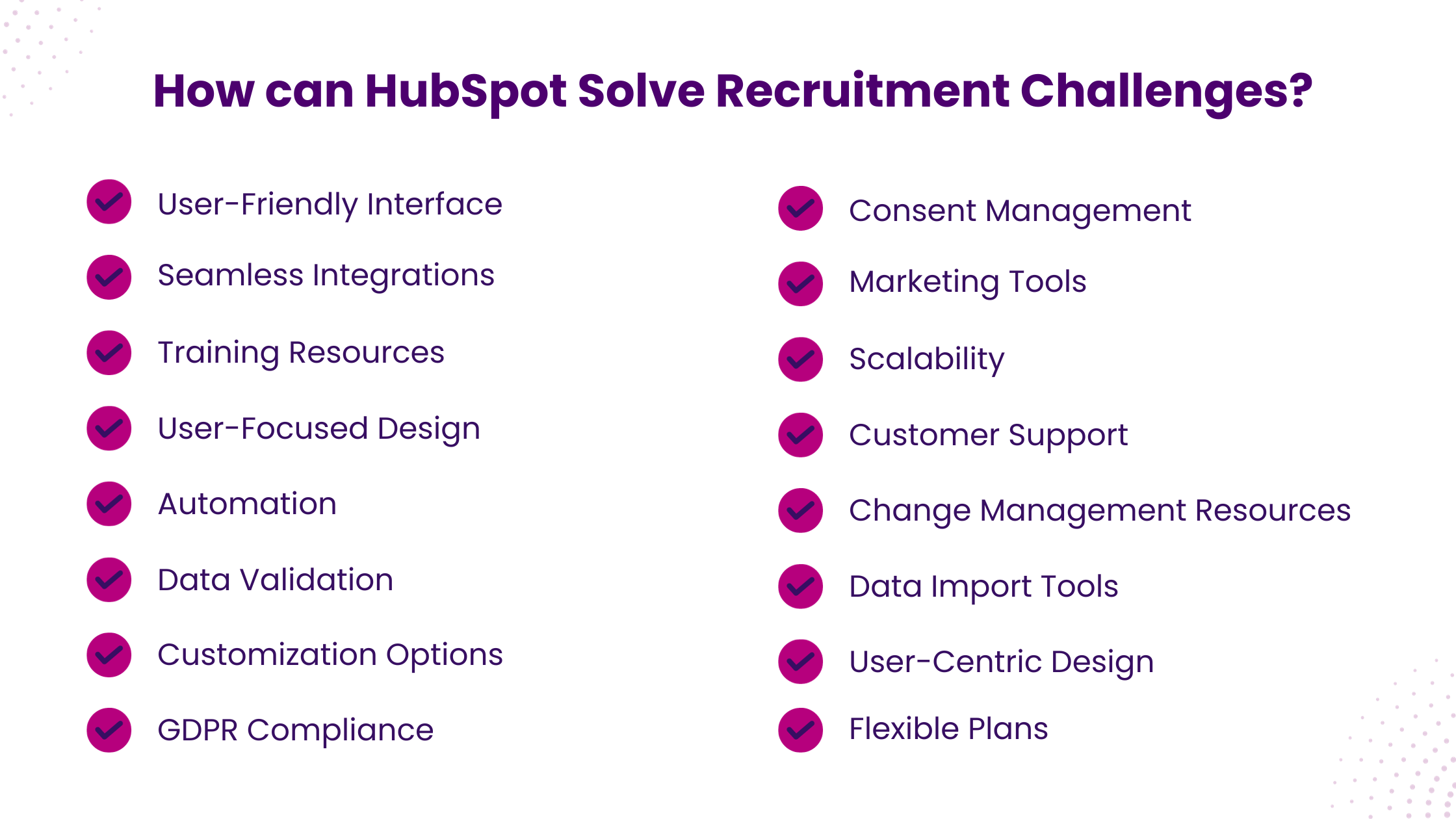
HubSpot is an umbrella of CRM and marketing automation functionalities. It offers several features and capabilities that can help overcome the challenges associated with implementing a CRM for recruitment.
Here are the ways HubSpot can help.
- User-Friendly Interface: HubSpot’s intuitive interface simplifies user adoption and reduces the learning curve for recruiters.
- Seamless Integrations: HubSpot offers integrations with various HR and recruitment software, easing the CRM’s connection with existing systems.
- Training Resources: HubSpot provides comprehensive training resources, including tutorials, webinars, and a supportive community, ensuring recruiters can effectively use the platform.
- User-Focused Design: HubSpot’s user-centric design prioritizes ease of use, making it more likely for recruiters to embrace the CRM.
- Automation: HubSpot’s automation features help maintain data quality by automatically updating and validating candidate information.
- Data Validation: The platform includes tools that prevent inaccurate or incomplete data from being entered.
- Customization Options: HubSpot allows for extensive customization without requiring advanced technical skills. Recruiters can tailor the CRM to match their specific recruitment processes.
- GDPR Compliance: HubSpot offers GDPR-friendly tools and features to help recruiters manage candidate data while adhering to privacy regulations.
- Consent Management: HubSpot provides features for managing consent, allowing recruiters to handle candidate data transparently.
- Marketing Tools: HubSpot’s automation tools facilitate candidate sourcing through targeted email campaigns, social media integrations, and content creation.
- Scalability: HubSpot offers pricing tiers that align with an organization’s size and needs, ensuring scalability without unnecessary costs.
- Customer Support: HubSpot offers customer support resources, including a knowledge base, a help center, and direct assistance through their support team.
- Change Management Resources: HubSpot provides resources for change management, helping organizations transition smoothly to the new CRM-driven recruitment process.
- Data Import Tools: HubSpot offers tools for importing existing candidate data, making the transition to the new CRM more manageable.
- User-Centric Design: HubSpot strongly emphasizes user experience, ensuring that recruiters find the platform intuitive and enjoyable to use.
- Flexible Plans: HubSpot’s plans accommodate organizations of various sizes, ensuring that the CRM can grow alongside the company.
Unlock Your Business Potential With Expert HubSpot Support
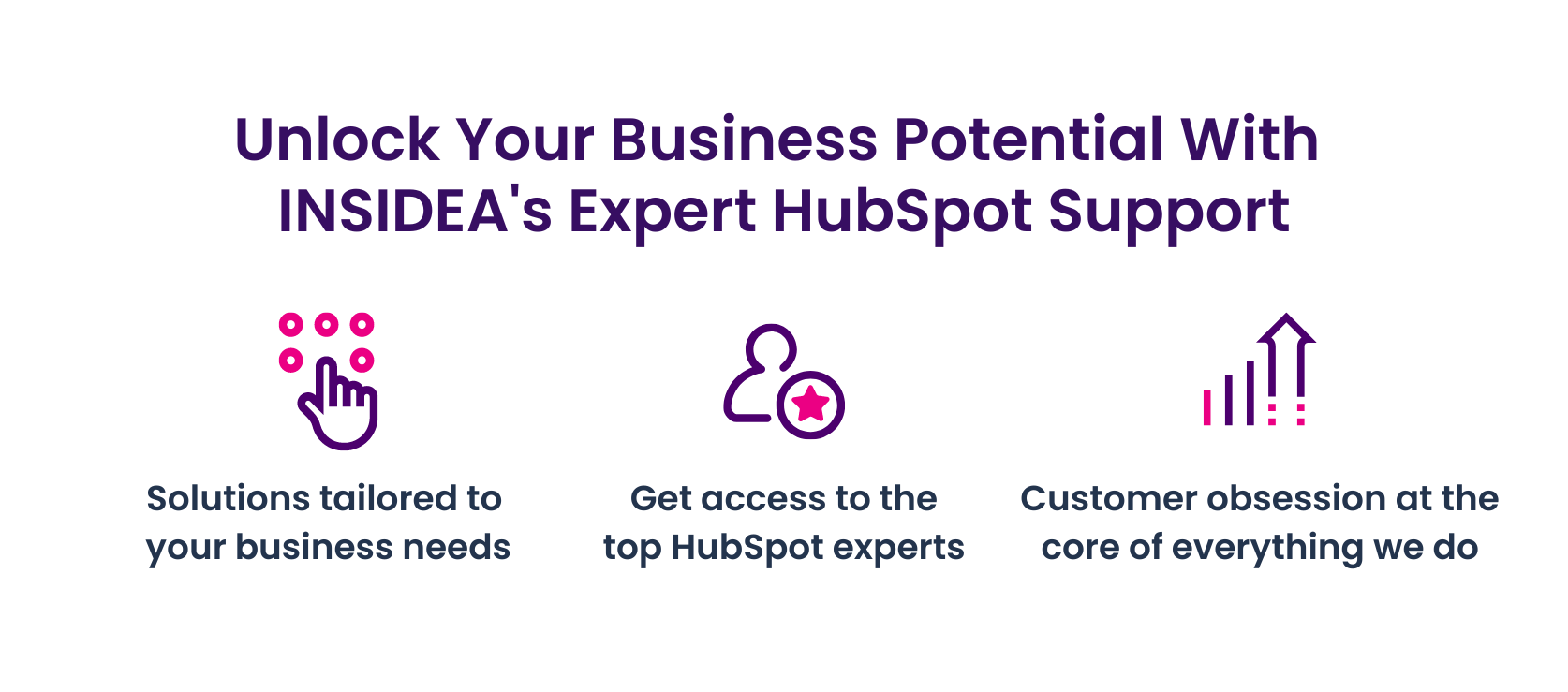
As a HubSpot Solutions Partner we take pride in assisting you with streamlining your HubSpot efforts. With our best-in-class marketing, sales, and service solutions, we help you scale exponentially. INSIDEA’s HubSpot Specialists have the required in-depth knowledge and can provide you with expert guidance on how to use the platform to meet your specific business needs.
Get in touch today to learn more about how INSIDEA can help you succeed!
- Tailored Experience: For us, user experience is the primary focus. Thus, INSIDEA works with you to ensure your HubSpot experience is tailored to your business needs.
- Industry Expertise: Our team specializes in the setup, implementation, and optimization of HubSpot tools, as well as being well-versed in HubSpot best practices to ensure your business has the highest ROI possible.
- Customer Obsession: For us, customer satisfaction is the key to success, and we strive to ensure that our customers’ needs are not only met but exceeded every time.
At INSIDEA, we understand the importance of valuable HubSpot strategies that understand your target audience and drive conversions. Book a meeting with our experts to explore how we can help you with your upcoming projects.




